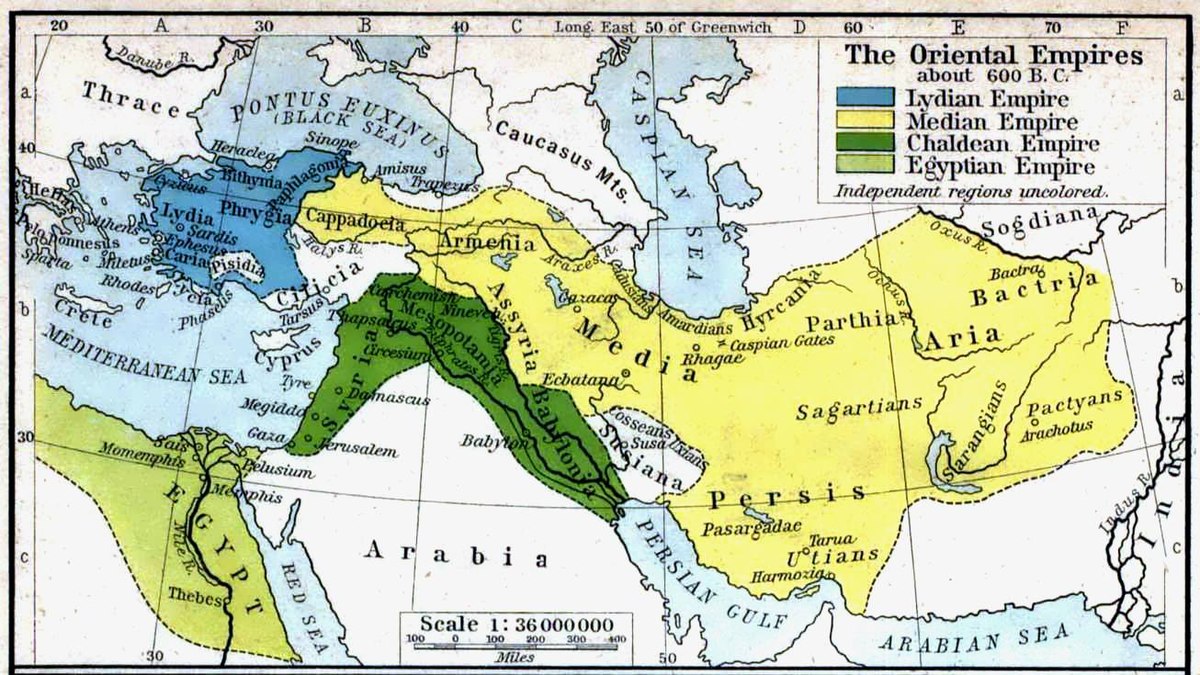Have you ever wondered about the mysterious Parthians mentioned in the Bible? In this blog post, we will unravel the history and significance of this ancient people who played a role in biblical narratives. Understanding the Parthians can provide valuable insights into the geopolitical landscape of the time and shed light on the interactions they had with biblical figures.
Exploring the identity and actions of the Parthians in the Bible can deepen our understanding of the contexts in which certain events took place. By delving into their background, we can gain a clearer perspective on the challenges and dynamics faced by individuals such as the Magi who visited Jesus or other characters who encountered the Parthians during their journeys. Join us on this exploration of the Parthians in the Bible to uncover a richer tapestry of history and culture intertwined with biblical narratives.
Unveiling the Enigmatic Parthians of the Bible: Exploring their Significance and Influence
The Parthians were an ancient people who were prominent in the world during the time of the New Testament. They were known for their fierce military prowess and strategic abilities. The Parthian Empire was located in what is now modern-day Iran and Iraq, and it was a powerful rival to the Roman Empire.
In the Bible, the Parthians are mentioned in the context of the story of Pentecost in the book of Acts. In Acts 2:9, it states that on the day of Pentecost, there were devout Jews from every nation under heaven present in Jerusalem. Among those listed are “Parthians, Medes, and Elamites.” This indicates that there were Parthians present at this important event in early Christian history.
The inclusion of Parthians in this list is significant because it shows the diversity of the audience that received the message of the Gospel on the day of Pentecost. It also highlights the wide reach of the early Christian movement, as people from distant lands like Parthia were present and able to hear the message in their own language.
The Parthians played a role in shaping the political landscape of the time, and their interactions with the Roman Empire had far-reaching consequences. Their presence in the Bible serves as a reminder of the rich tapestry of cultures and peoples that intersected with the early followers of Jesus.
Overall, the Parthians were a fascinating and influential people who left their mark on the ancient world. Their inclusion in the Bible emphasizes the global nature of the Gospel message and the diverse audience it reached.
What does the name Parthians mean in the Bible?
In the Bible, the Parthians were a group of people known for their military prowess and skill in archery. They are mentioned in the Book of Acts in the New Testament, specifically in Acts 2:9 during the Pentecost event where it says, “Parthians, Medes and Elamites; residents of Mesopotamia, Judea and Cappadocia, Pontus and Asia.”
The name Parthians refers to the people of Parthia, an ancient empire located in what is now Iran and Iraq. They were known for their expert cavalry and archery skills, which made them formidable foes in battle.
What is Parthia called today?
Parthia, mentioned in the Bible, is known today as Iran.
Where did the Parthians come from?
The Parthians were ancient inhabitants of Parthia, an area located in present-day northeastern Iran. In the Bible, they are mentioned in Acts 2:9 when it lists the different peoples present at Pentecost: “Parthians, Medes, and Elamites; residents of Mesopotamia, Judea, and Cappadocia, Pontus and Asia.” The Parthians were known for their skilled warriors and were a significant force in the region during biblical times.
What religion were the Parthians?
The Parthians were followers of Zoroastrianism, an ancient Persian religion. Zoroastrianism was practiced by the Parthians during the time period depicted in the Bible. This religion was founded by the prophet Zoroaster and revolved around the worship of Ahura Mazda as the supreme deity. Zoroastrian beliefs influenced the culture and practices of the Parthian people.

